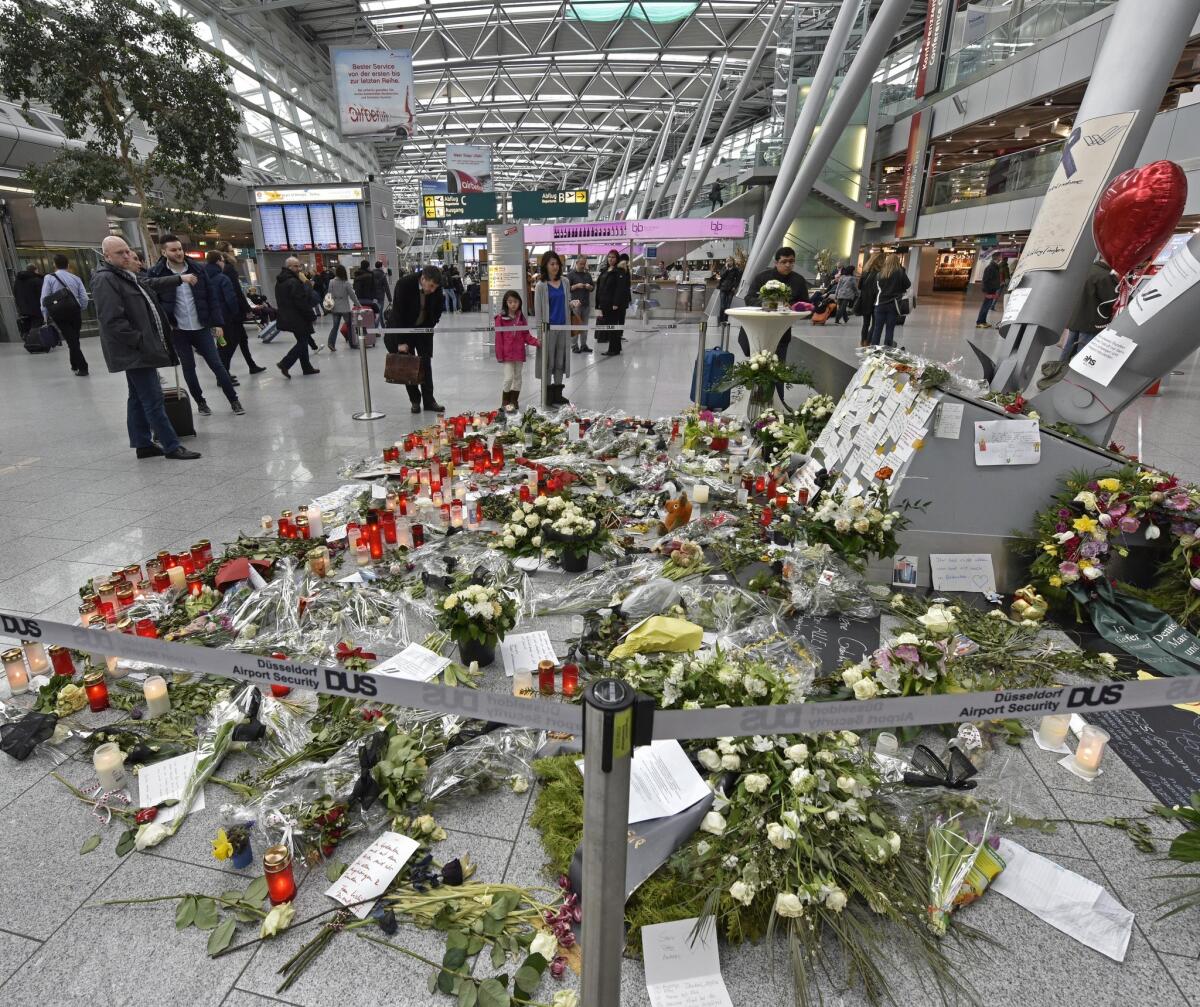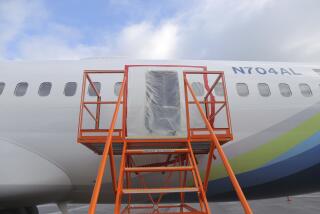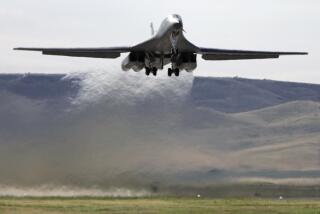Germanwings: Investigators look for ‘systematic weakness’ in aviation rules

Passengers view the candles and flowers for the victims of the plane crash at the airport in Duesseldorf , Germany, on March 31.
French aviation investigators said Tuesday they will examine “systemic weaknesses” such as cockpit entry rules and psychological screening procedures that could have led to the Germanwings plane crash — issues that could affect the worldwide aviation industry.
Lufthansa, meanwhile, said its insurers had set aside $300 million to deal with possible costs from the March 24 crash.
The announcement by the French aviation agency BEA signaled the latest rethink about airline procedures in the wake of the Germanwings crash, which jolted an aviation industry already reeling after one passenger plane disappeared into an ocean and another was shot out of the sky over war-torn eastern Ukraine.
Authorities say Germanwings copilot Andreas Lubitz, who in the past had been treated for suicidal tendencies, locked his captain out of the cockpit before deliberately crashing the Airbus 320 into a mountain in the French Alps. All 150 aboard Flight 9525 from Barcelona to Duesseldorf were killed.
BEA said it aims to provide a “detailed analysis” of the Germanwings cockpit voice recorder and any other flight data — but it also plans to widen its search to examine issues that could be problematic for all airlines.
The agency will study “systemic weaknesses [that] might possibly have led to this aviation disaster,” BEA said in its first statement since prosecutors detailed the copilot’s suspected role in the crash.
The agency is studying both psychological screening procedures and rules applied to entering and leaving the cockpit, as well as cockpit door locking systems.
BEA’s investigation runs parallel to a criminal inquiry being led by prosecutors. Both are investigating what happened with the flight. The end goal of the criminal investigation is to hold someone responsible. The end goal of the BEA investigation is to make recommendations to aviation authorities to prevent similar accidents from happening again.
If the French agency discovers wider aviation problems, that could spark industry regulators and airline companies worldwide to make changes. Several airlines and the European aviation regulator have already changed procedures after the Germanwings crash, announcing last week that they now recommend having two people in the cockpit at all times.
In Frankfurt, Lufthansa spokeswoman Kerstin Lau said insurers have $300 million reserved to deal with “all costs arising in connection with the case.”
Lufthansa — Germanwings’ parent company — offered immediate aid last week of nearly $55,000 per passenger to relatives of the victims. Those payments are separate from eventual compensation payments.
Airlines are required under a treaty governing deaths and injuries aboard international flights to compensate relatives of victims for proven damages of up to a limit currently set at about $157,000 — regardless of what caused the crash.
However, higher compensation is possible if a carrier is held liable.
German prosecutors say Lubitz, 27, received psychotherapy before obtaining his pilot’s license and that medical records from that time referred to “suicidal tendencies.” They have given no dates for his treatment, but said visits to doctors since then showed no record of any suicidal tendencies or aggression against others.
They also have found torn-up sick notes from doctors, including one that would have kept Lubitz off work on the day of the crash.
Lufthansa has declined to say whether it knew anything about Lubitz’s health problems. But it says the young pilot had passed all required medical checks since starting work for its subsidiary in September 2013.
At the crash site in the French Alps, investigators said Tuesday they hope to have DNA samples for everyone killed on the flight in the next 24 hours. Lt. Col. Jean-Marc Menichini, speaking in the nearby town of Le Vernet, said the search was still on for the plane’s data recorder.
French President Francois Hollande, speaking to reporters during a previously planned trip to Germany, said German and French ministers also discussed the need to improve checks of air passengers within Europe’s visa-free Schengen zone, and to “ensure that we can also strengthen our safety rules for piloting planes.”
More to Read
Sign up for Essential California
The most important California stories and recommendations in your inbox every morning.
You may occasionally receive promotional content from the Los Angeles Times.










